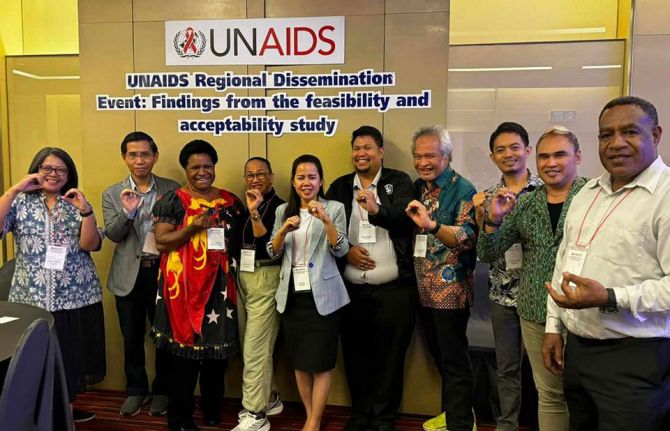Documents
Monks provide hope to people living with HIV
Despite Myanmar’s progress in the AIDS response, HIV treatment is still largely available only in big cities. In the country’s capital of Yangon, some monks have opened up their monastery to people living with HIV who come to the city to access HIV treatment.
Related
 As HIV infections soar due to injecting drug use, harm reduction should be a priority in Fiji
As HIV infections soar due to injecting drug use, harm reduction should be a priority in Fiji

25 July 2025
What the data tell us: Projections for the HIV epidemic in Asia and the Pacific in 2030
28 March 2025
 Impact of US funding cuts on HIV programmes in Myanmar
Impact of US funding cuts on HIV programmes in Myanmar

28 March 2025
 Despite progress, HIV stigma and discrimination continue to bubble beneath the surface in Thailand
Despite progress, HIV stigma and discrimination continue to bubble beneath the surface in Thailand

24 March 2025
 Status of HIV Programmes in Indonesia
Status of HIV Programmes in Indonesia

24 February 2025




